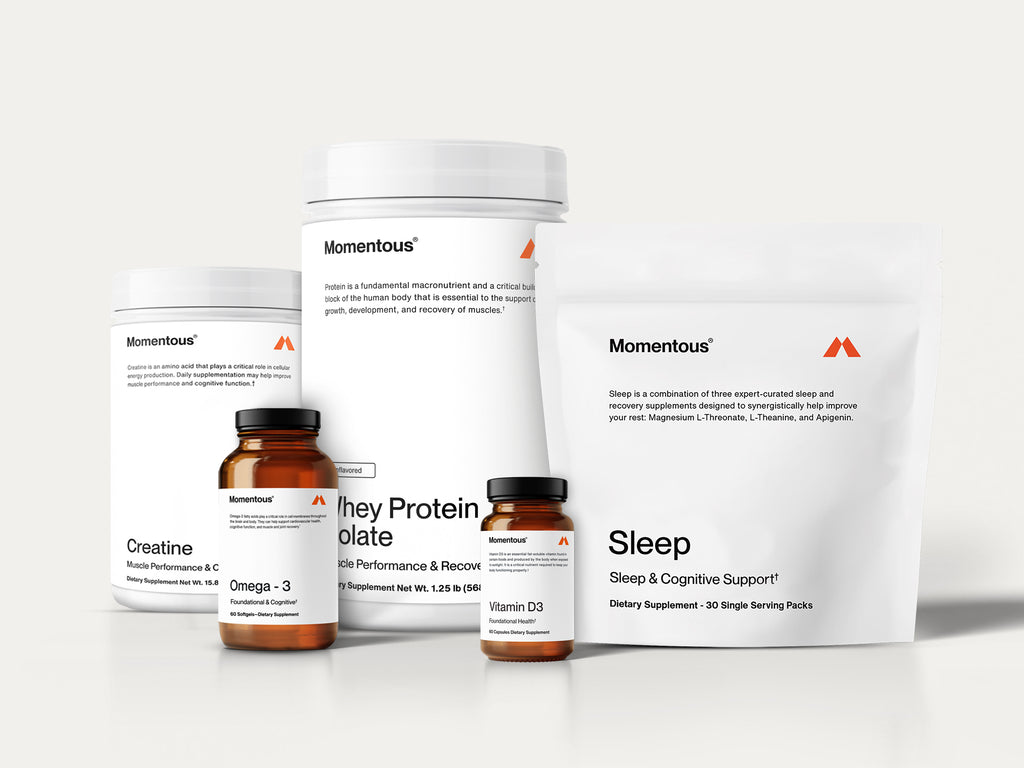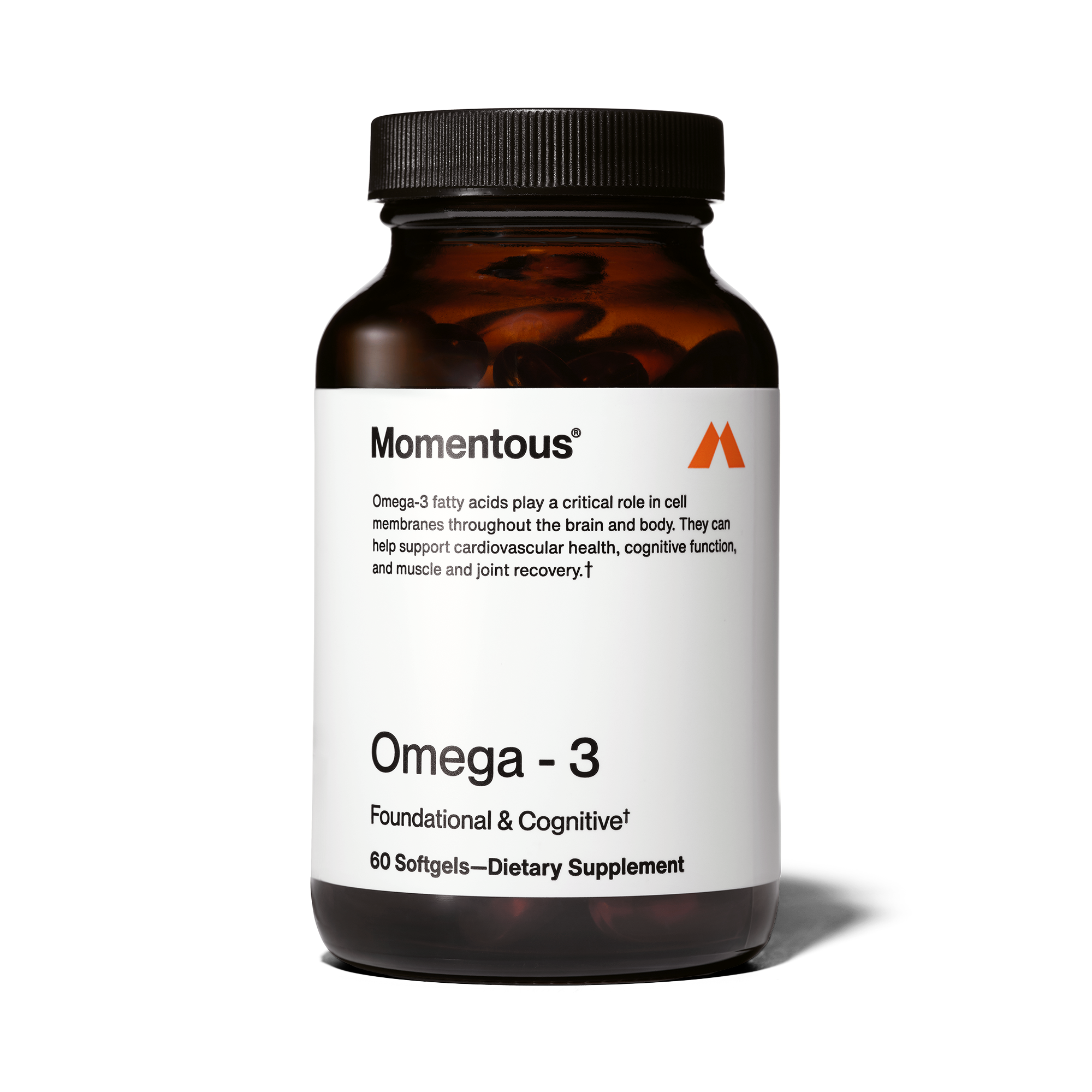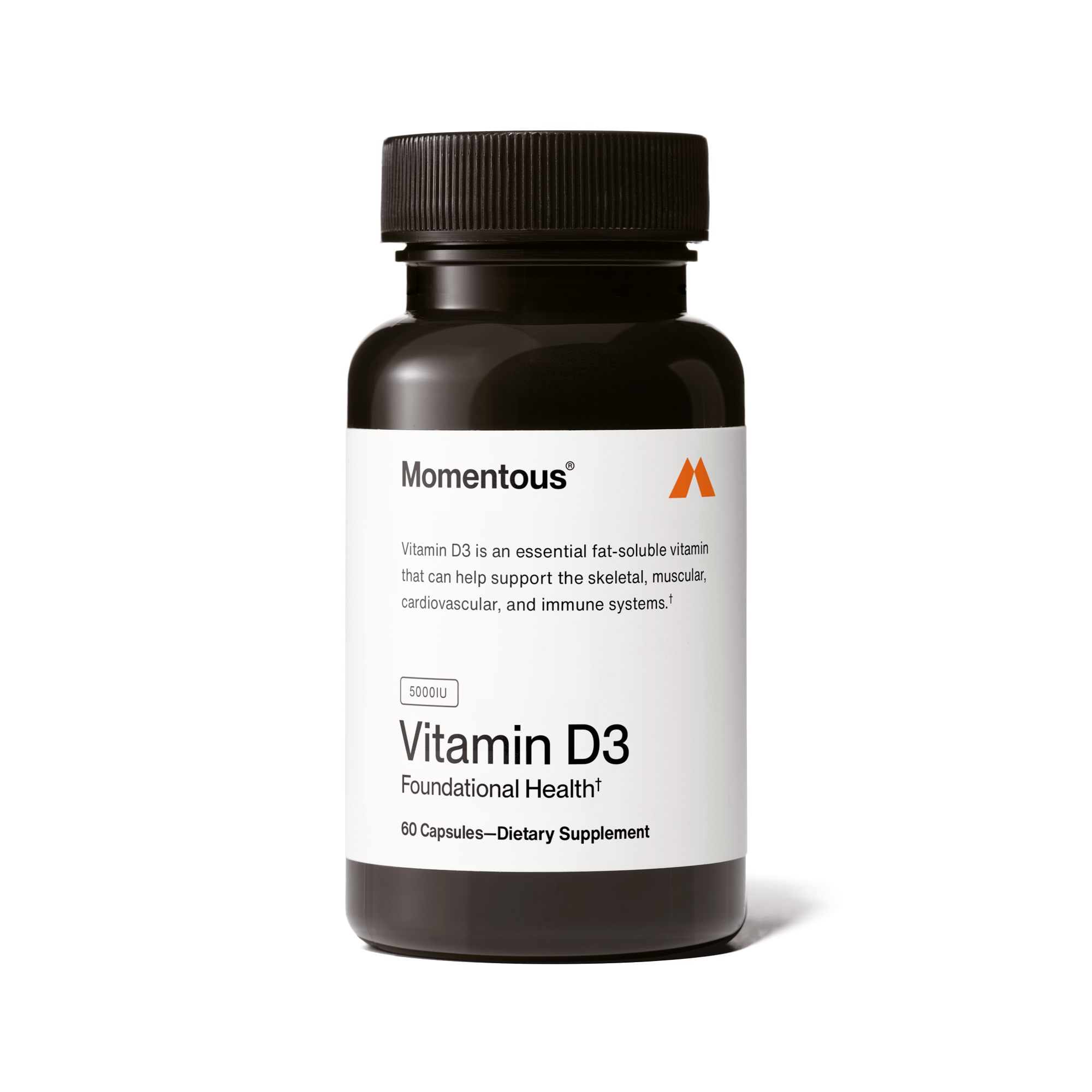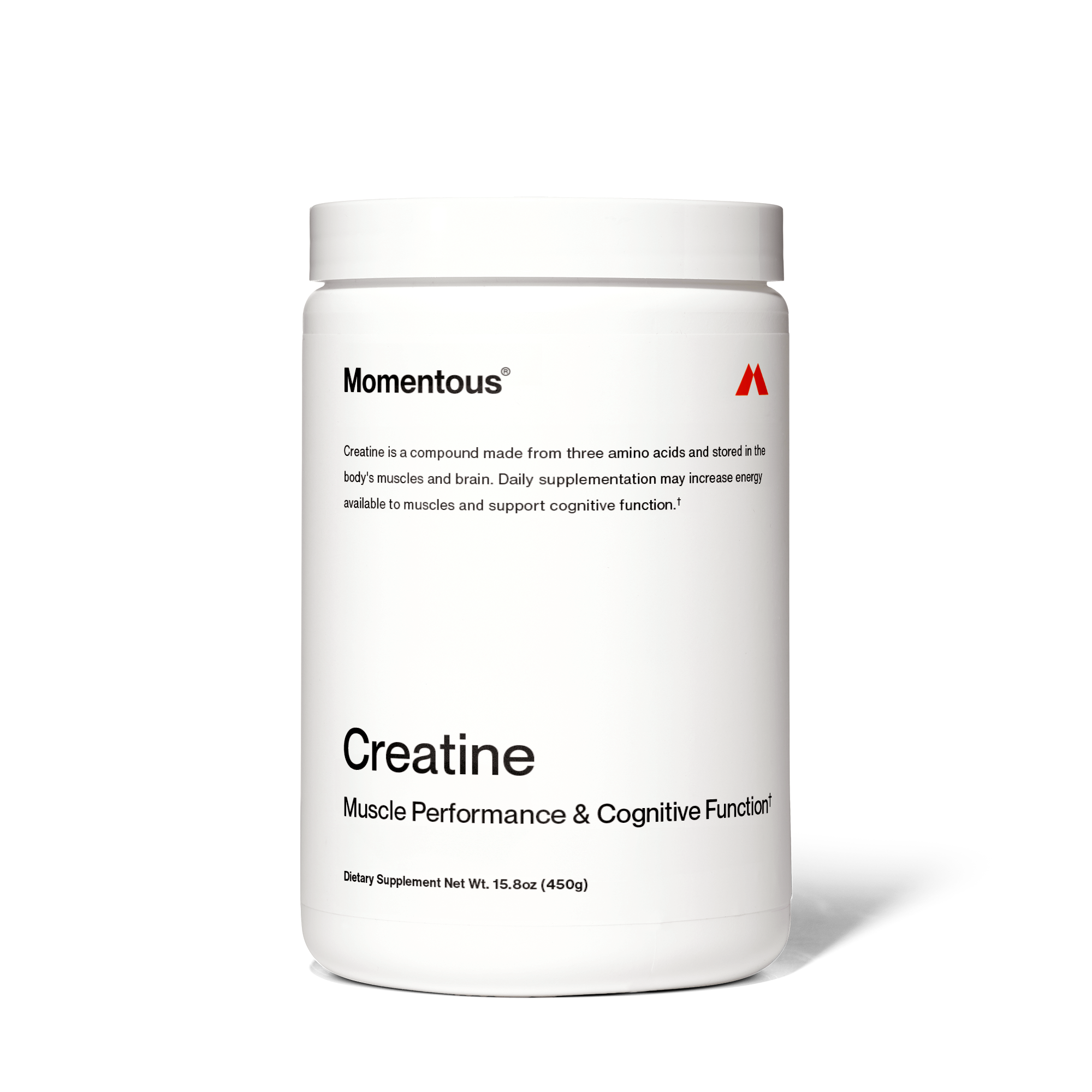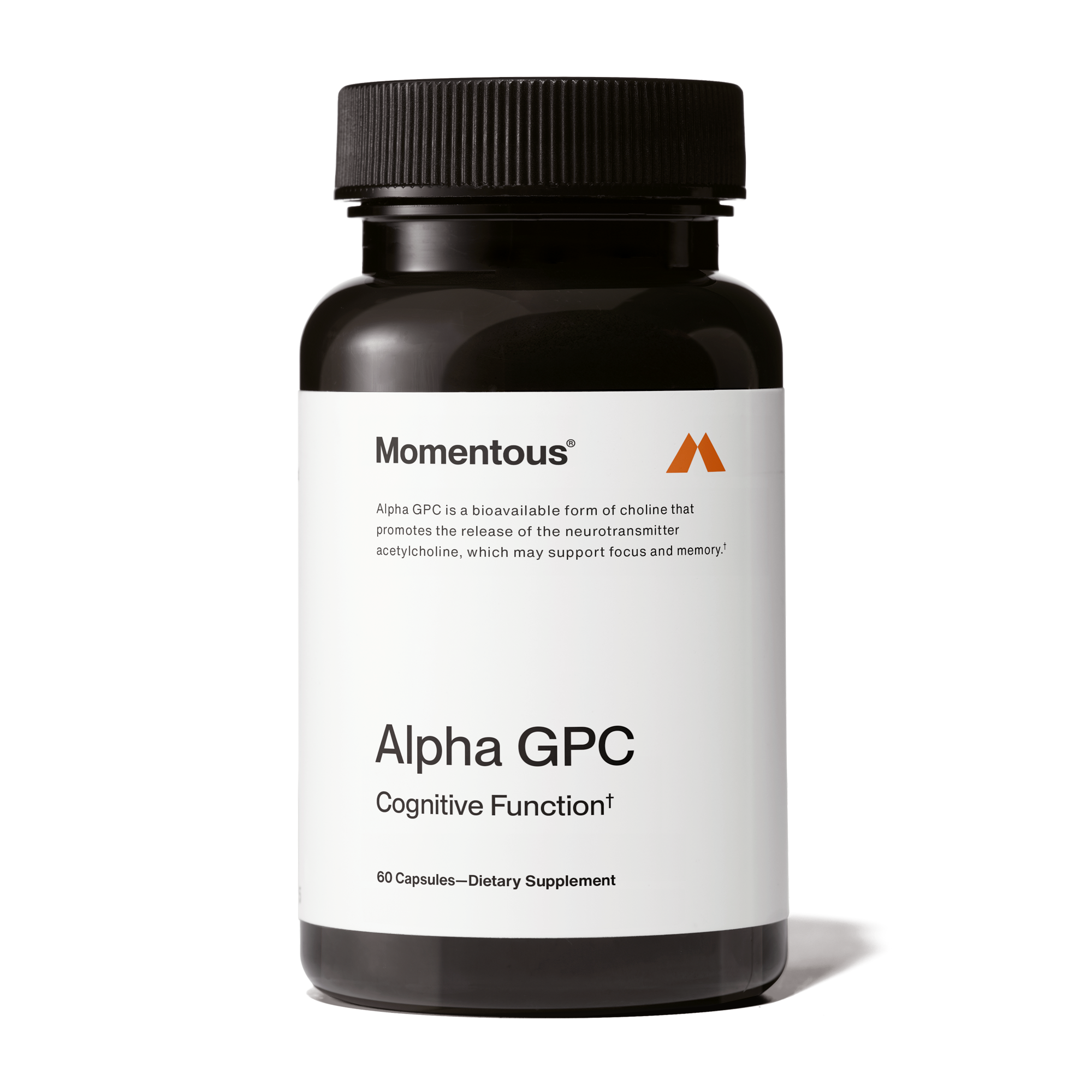Cognitive Function, Foundational Health
Bone health, immune system support, cellular health
Muscle Performance, Cognitive Function
Cognitive Function
Cognitive decline doesn’t have to be an inevitable part of the aging process. There are many ways to not only slow cognitive decline but actually improve your cognitive function as you age. Let's discuss the causes and consequences of cognitive decline while providing practical tips to maintain long-term cognitive health. We will also explore how supplements can play a crucial role in promoting long-term cognitive health.
Causes of Cognitive Decline
Cognitive decline is a complex process influenced by different factors affecting our brain's performance as we age. Some of the primary causes are simply a result of the natural aging process, which leads to a decrease in our brain's ability to form new connections and reorganize itself (neuroplasticity), which declines due to the natural death of brain cells (neurons). As we age, we also have reduced blood flow to the brain, resulting in an energy deficiency (1). The accumulation of harmful proteins like amyloid-beta and tau can also cause cognitive problems (2), while our genetics, such as the APOE e4 gene, have been shown to increase our risk of cognitive decline as well (3). Additionally, lifestyle factors like poor diet, lack of physical activity, smoking, and excessive alcohol consumption have been found to contribute to cognitive decline (4).
Consequences of Cognitive Decline
Getting a grasp on how our minds change over time is important, but the effects of cognitive decline don't stop at the brain – they touch every corner of our day-to-day lives, making it even more critical to address. Cognitive decline can significantly impact daily life, including:
Memory loss: Difficulty recalling information, such as names and dates, can make daily activities challenging.
Difficulty learning: Learning new skills and retaining new information can become more difficult.
Impaired decision-making: Cognitive decline can make complex decisions, such as managing finances or planning a trip, more difficult.
Tips for Slowing Cognitive Decline
The good news? You can take steps to slow down any cognitive decline you might face as you age and actively support your long-term brain health:
-
Exercise: Engaging in regular physical activity helps maintain glucose homeostasis and improves vascular health, making it a powerful tool for maintaining cognitive health (5)
-
Sleep: Getting quality sleep is essential for cognitive health, as it helps clean out plaques via the glymphatic system (6)
-
Socializing and cognitive stimulation: Engaging in social activities and intellectual stimulation helps support cognitive function. Addressing hearing loss is especially important, as it can lead to social withdrawal and faster cognitive decline. (7)
-
Sauna: Studies show that using a sauna four times per week for at least 20 minutes per session at 179°F or hotter can reduce the risk of Alzheimer's by 65% and cardiovascular disease by 50%. (8)
-
Diet: Consuming a diet rich in omega-3 fatty acids, B vitamins, creatine, and vitamin D can help maintain cognitive function. (9)
The Role of Supplements in Promoting Cognitive Health
In case you need an extra boost for your cognitive well-being, Momentous provides a selection of research-backed supplements designed to give your brain the support it deserves. These include:
-
Omega-3 fatty acids, which help maintain brain function and reduce the risk of cognitive decline (10)
-
Creatine, which can help promote enhanced memory and promote cognitive function particularly as someone ages (11,12)
-
Alpha-GPC, a potent source of choline vital for preserving brain health and enhancing cognitive performance (13)
If you are not getting enough of these nutrients from a well-rounded diet, you can ensure your brain gets the nourishment it needs from supplementation.
While cognitive decline is a natural part of aging, you can take proactive steps to slow the process and promote long-term cognitive health. With some knowledge and early action, you can preserve your cognitive abilities and enhance your overall quality of life for years to come.
----
(1) Lu, H., Xu, F., Rodrigue, K. M., Kennedy, K. M., Cheng, Y., Flicker, B., Hebrank, A. C., Uh, J., & Park, D. C. (2011). Alterations in cerebral metabolic rate and blood supply across the adult lifespan. Cerebral Cortex (New York, N.Y.: 1991), 21(6), 1426–1434.
(2) Okamura, N., Harada, R., Furumoto, S., Arai, H., Yanai, K., & Kudo, Y. (2014). Tau PET imaging in Alzheimer's disease. Current Neurology and Neuroscience Reports, 14(11), 500.
(3) Mormino, E. C., Betensky, R. A., Hedden, T., Schultz, A. P., Ward, A., Huijbers, W., Rentz, D. M., Johnson, K. A., Sperling, R. A., Alzheimer's Disease Neuroimaging Initiative, Australian Imaging Biomarkers and Lifestyle Flagship Study of Ageing, & Harvard Aging Brain Study. (2014). Amyloid and APOE ε4 interact to influence short-term decline in preclinical Alzheimer disease. Neurology, 82(20), 1760–1767.
(4) Dominguez, L. J., Veronese, N., Vernuccio, L., Catanese, G., Inzerillo, F., Salemi, G., & Barbagallo, M. (2021). Nutrition, physical activity, and other lifestyle factors in the prevention of cognitive decline and dementia. Nutrients, 13(11), 4080.
(5) Alsubaie, S. F., Alkathiry, A. A., Abdelbasset, W. K., & Nambi, G. (2020). The physical activity type most related to cognitive function and quality of life. BioMed Research International, 2020, 8856284.
(6) McCoy, J. G., & Strecker, R. E. (2011). The cognitive cost of sleep lost. Neurobiology of Learning and Memory, 96(4), 564–582.
(7) Wang, H.-X., Karp, A., Winblad, B., & Fratiglioni, L. (2002). Late-life engagement in social and leisure activities is associated with a decreased risk of dementia: a longitudinal study from the Kungsholmen project. American Journal of Epidemiology, 155(12), 1081–1087.
(8) Laukkanen, T., Kunutsor, S., Kauhanen, J., & Laukkanen, J. A. (2017). Sauna bathing is inversely associated with dementia and Alzheimer's disease in middle-aged Finnish men. Age and Ageing, 46(2), 245–249.
(9) van de Rest, O. (2018). Effective dietary recommendations could help to prevent age-related cognitive decline. Evidence-Based Nursing, 21(1), 26.
(10) Oulhaj, A., Jernerén, F., Refsum, H., Smith, A. D., & de Jager, C. A. (2016). Omega-3 fatty acid status enhances the prevention of cognitive decline by B vitamins in mild cognitive impairment. Journal of Alzheimer's Disease: JAD, 50(2), 547–557.
(11) Rawson, E. S., & Venezia, A. C. (2011). Use of creatine in the elderly and evidence for effects on cognitive function in young and old. Amino Acids, 40(5), 1349-1362.
(12) Kreider, R. B., & Stout, J. R. (2021). Creatine in Health and Disease. Nutrients, 13(2).
(13) Blusztajn, J. K., Slack, B. E., & Mellott, T. J. (2017). Neuroprotective actions of dietary choline. Nutrients, 9(8).
